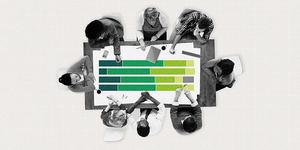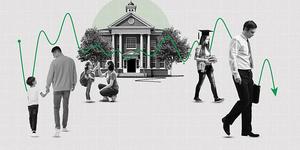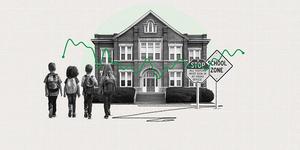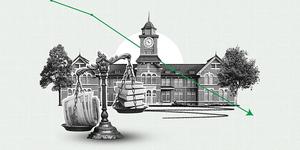Education
Access Crucial Data for Your Research
Search, examine, compare and export nearly a century of primary data.
Search, examine, compare and export nearly a century of primary data.

Teachers with meaningful growth opportunities report higher job satisfaction and lower burnout.

Americans' satisfaction with the quality of K-12 education in the U.S. is at a record-low 35%, and just 26% say it is headed in the right direction.

Roughly four in 10 parents have feared for their child's safety at school each of the past four years, the longest such stretch in Gallup's trend since 1998.

The percentage of Americans who consider a college education "very important" has slipped below the majority level.
Gallup https://news.gallup.com/poll/1612/Education.aspx
Gallup World Headquarters, 901 F Street, Washington, D.C., 20001, U.S.A
+1 202.715.3030